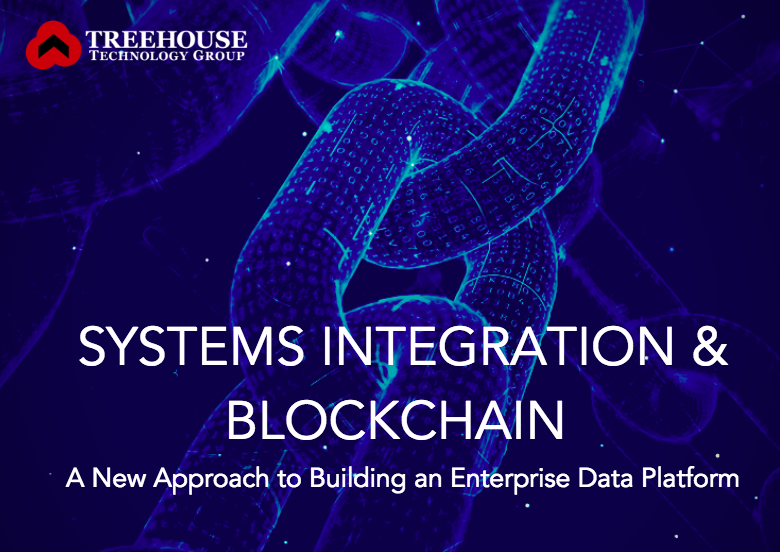Since the beginning of 2018, dozens of Fortune 100 companies have started to adopt blockchain technologies. The blockchain market is expected to grow to $8 billion by 2022 with new applications for this burgeoning technology launching at an increasingly rapid rate.
Blockchain is the technology behind bitcoin, but those focusing on cryptocurrency are just scratching the surface of what blockchain can do. In 2016, a report released by Goldman Sachs Investment Research projected the title insurance industry could save $2 billion to $4 billion annually by applying blockchain to title examination.
Blockchain has been around since the early 2000s and has since been repurposed by Fintech companies creating blockchain applications. Most recently, blockchain has been quietly infiltrating a number of different industries beyond the financial sector, including healthcare, supply chain and entertainment.
The technology creates an open ledger where transactions can be stored both securely and openly. The ledger is immutable, so it cannot change. It’s open, so it’s distributed across multiple networks, allowing people to access it anywhere. And one of the hallmarks of the technology is that data stored on the blockchain is essentially secure, so it can’t be hacked.
Blockchain is uniquely suited to data platforms where there is a need for security and redundancy, both of which can be costly for companies to maintain. But these features are inherently built into the blockchain which allows for recording of transactions, security of transactions, and the ability to make these transactions open on request. Blockchain reduces the amount of overhead companies have to rely on to build a database or data storage and keep redundant systems.
Many companies have embraced blockchain to meet their data platform needs, but the next test is whether it will see adoption at the enterprise level. Enterprise systems handle business transactions at a rate of hundreds or thousands per second. But currently, transactions on the blockchain are much slower with most systems not even approaching 100 tps. In order to be effective enterprise blockchains need both higher throughput and transaction latency of less than a second.
Larger companies like IBM are testing this hypothesis. Last year, IBM announced a collaboration with 10 food producers and retailers to use blockchain technology in supply chain management. IBM has built a blockchain framework that lets people monitor produce from it’s point of origin to retail stores (seed to sale), along with all the other transactions along the way. Users can see what farm the produce came from, what distributer, what truck it was transported in, when it arrived at a warehouse and when it finally made it to a retailer. But most importantly, the system helps to expose food contamination by showing if a recall was issued.
It’s a massive operation and by implementing blockchain here, IBM is demonstrating how this technology can be applied to enterprise companies. The next challenge is not whether blockchain is capable of handling enterprise operations, but rather whether it will be widely embraced by enterprises. And recent news is promising. Earlier this month blockchain cloud computing platform Oasis Labs announced it had raised $45 million from investors as part of its plan to help companies adopt blockchain.
Meanwhile, companies like Microsoft are addressing the enterprise question head on with innovations that address the needs of larger companies. Microsoft’s Coco Framework is an open-source system that enables high-scale, confidential blockchain networks. And Microsoft is using existing blockchain protocols to produce throughput and latency approaching database speeds.
Past examples of technological innovation going mainstream bode well for the future of blockchain. One example of similar new technology that took time to get established is cloud computing. Today, many if not most companies have use a cloud system. And enterprise blockchain is poised to be next.
Treehouse Technology Group has worked with several companies on blockchain solutions to help them meet their data platform needs. If you’re interested in utilizing this burgeoning technology, but want to work with a company with the expertise to implement it correctly, contact TTG for a free consultation. We specialize in helping companies develop robust solutions best suited for their specific business needs.



